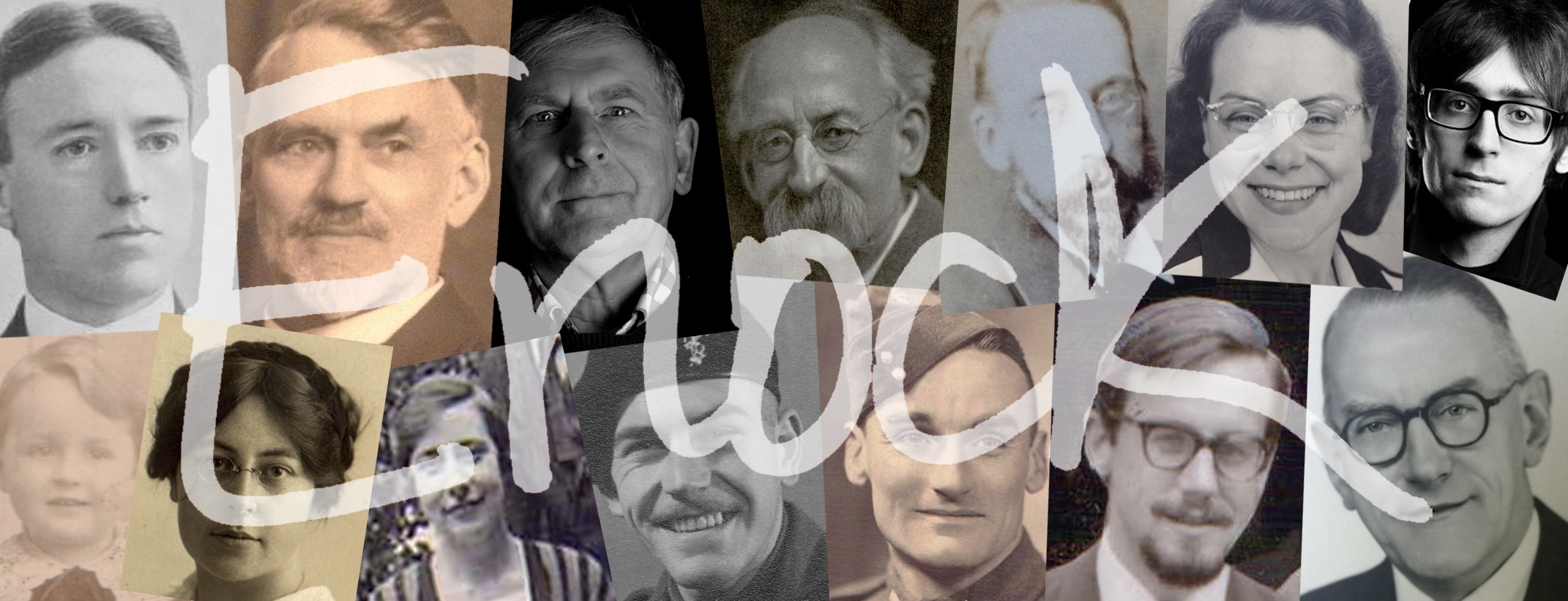|
|
|||
| Home | Name Index | County Index | Contact |
|
'Unfortunately it accepted by many
people that there is no real cure, or escape from, the tangle in to which the
human race, by its own free choice, has been drawn. one talks of these
things, to be met by a kind of impotent, sometimes complacent fatalism. the
human race has certainly fettered itself, but can it be true that humanity has
arrived at a point in its history where it is shorn of intellect, power, and
will to tackle this urgent problem of armaments? I do not believe that
paralysis has stricken mankind but invaluable time is being lost. every
citizen of every country ought to realise how money and energy are being spent
and the danger they are in of losing their souls. The position needs stating
clearly in its stark reality. Hence this essay, to bring in detail before my
fellow creatures the enormous and terrible effects of the business of war and
to demonstrate how it has enmeshed the whole social fabric, is dragging down
the economic life , and deadening the spiritual life of all nations. Here then, is the result, incomplete though it may be by its very nature, presented at 80 years of age to thoughtful readers in the hope that it may at least bring some fellow human beings, of whatever country they may be, whatever language they may speak, to decide that upon them lies the duty of contributing to a solution.' 'It is interesting to recall that one of the armaments wielded by soldiers at this time was the old mace, made of iron or steel, capable, in skilled hands of breaking through the strongest body armour. A point about the mace was that it might properly be used in war by priests and bishops instead of a sword so that they might conform to the canonical rule against their shedding blood. I well remember my history master explaining this difference and pointing out with ironic gusto that bishops with maces could take "effective part in hand-to-hand warfare by breaking a limb or battering out a brain"!' 'I remember that in November about 1879 my friends and I cornered the village chemist's supply of saltpetre, raided mother's medical cupboard for flowers of sulphur, and baked willow twigs in the oven for charcoal. 'Not long before the outbreak of war in 1914, I was invited to a professional discussion on refrigeration with Lieut.-Commander Wilhelm Widenmann, Naval Attache at the German Embassy, after which I mentioned to him how uneasy people in this country were becoming, and asked him frankly what were his own personal arguments for the marked increase of the German Navy. He turned to a large map of the world on the wall of his office, and said: Have you ever pictured the condition in which Germany would find herself if war were to break out between the German Empire and, for example, Japan? You know the first thing that Germany would want is coal, and the second things is coal, and the third thing is coal. Where could she get it? He then indicated various points on the map tracing the route which German warships would have to follow to reach Japan, naming in turn the French ports, Gibraltar, Malta, Port Said, Aden, Colombo, Singapore, Hong Kong, etc. He then said - Is it not clear to you that, to enable Germany to carry on a war with Japan, she must provide herself with Navy colliers and convoys, and transport her own fuel from Europe to the Yellow Sea? 'At this point one is tempted to exclaim - "Why such enormous fighting tonnage and astronomical expenditure? Would it not be simple commonsense, in the absence of anything better, for all nations to reduce, and leave each one as secure against the others as previously?" That stage has not yet been reached and the sovereign nations appear, to a vulgar-minded person, something like a curious collection of puppets, some shouting, others more urbanely remarking across their frontiers: "If you increase your defences you threaten us and we shall do likewise and more so. So there!" "Very well neighbour, but don't flatter yourself that you are going to get the bulge on us with your armies or tanks, or with your warships, airplanes, and atom bombs. Yah!" And so it continues - up and up and up.' 'I not only abhorred wars but
thought them stupid and always astonished that people could bring themselves
to the point of causing or declaring a state of war, and not a little
mystified as to the exact manner in which events were steered to the
outbreak.'
|
|||
